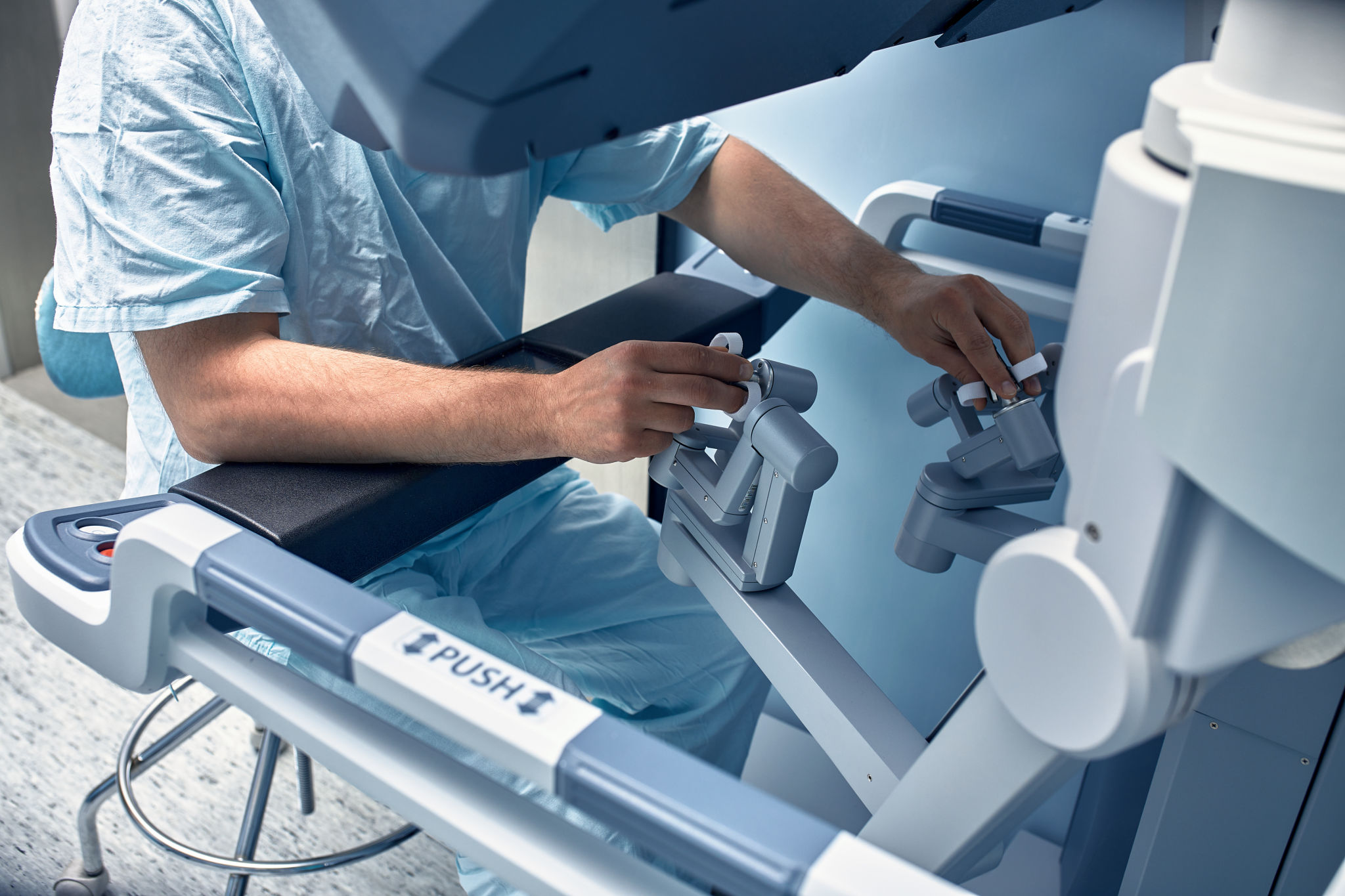Electrophysiology Simplified: A Beginner's Guide to Devices and Techniques
Understanding Electrophysiology
Electrophysiology may seem daunting at first, but it is crucial for diagnosing and treating various heart-related conditions. Essentially, electrophysiology is the study of the electrical properties of biological cells and tissues. It involves measuring voltage changes or electric current flows on a wide variety of scales from single ion channel proteins to whole organs.
Electrophysiology is primarily used in the context of cardiac care. It helps in the diagnosis and treatment of arrhythmias, which are irregular heartbeats that can lead to severe health complications. Armed with the right knowledge, healthcare professionals can leverage electrophysiology to improve patient outcomes significantly.

The Essential Tools of Electrophysiology
Several devices and techniques are used in electrophysiology to assess heart health. The most common device is the **electrocardiogram (ECG)**, which records the electrical activity of the heart over time. An ECG is a non-invasive test that provides crucial information about heart rhythm and structure.
Another essential device is the **electrophysiology (EP) study catheter**, a specialized tool inserted into the body to record electrical activity directly from within the heart. This allows for precise mapping of electrical impulses, aiding in the identification of abnormal pathways that cause arrhythmias.

Techniques in Electrophysiology
Two primary techniques are commonly used in electrophysiology: **mapping** and **ablation**. Mapping involves creating a detailed image of the heart's electrical activity to identify problem areas. This is often done using sophisticated software that provides a 3D view of the heart's electrical conduction system.
Ablation is a technique used to destroy problematic tissue causing arrhythmias. This is usually done with radiofrequency energy, which heats and eliminates the abnormal tissue. Ablation has become a preferred treatment option due to its high success rate and minimally invasive nature.

The Role of Electrophysiologists
An electrophysiologist is a cardiologist specializing in the heart's electrical system. These professionals are trained to interpret complex data from EP studies and perform procedures like ablations. Their expertise is critical in devising personalized treatment plans for patients with arrhythmias.
Electrophysiologists often work closely with other healthcare professionals to ensure comprehensive care. This multidisciplinary approach ensures that patients receive the most effective interventions and support throughout their treatment journey.
Recent Advances in Electrophysiology
Recent technological advancements have significantly enhanced electrophysiology practices. Innovations such as **robotic-assisted procedures** and **3D mapping systems** have improved accuracy and outcomes for patients undergoing electrophysiological treatments.

Moreover, wearable technology such as smartwatches can now monitor heart rhythms, allowing for continuous patient data collection. This data can be invaluable in early detection and management of potential arrhythmias, offering a proactive approach to heart health.
Conclusion: A Path Forward
Electrophysiology is a cornerstone of modern cardiac care, blending sophisticated technology with specialized medical expertise. As advancements continue to emerge, the understanding and treatment of cardiac arrhythmias will undoubtedly improve, enhancing the quality of life for many patients worldwide.
If you're new to this field, remember that while the technology may seem complex, its purpose is straightforward: to ensure hearts beat optimally and lives are enriched. With ongoing research and innovation, the future of electrophysiology holds promise for even more groundbreaking discoveries.